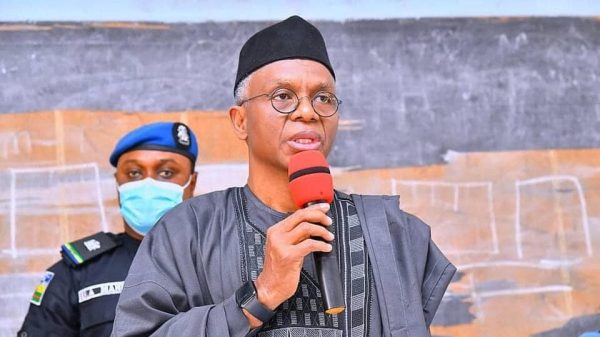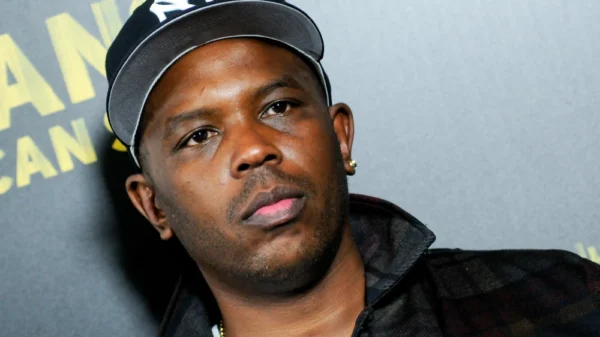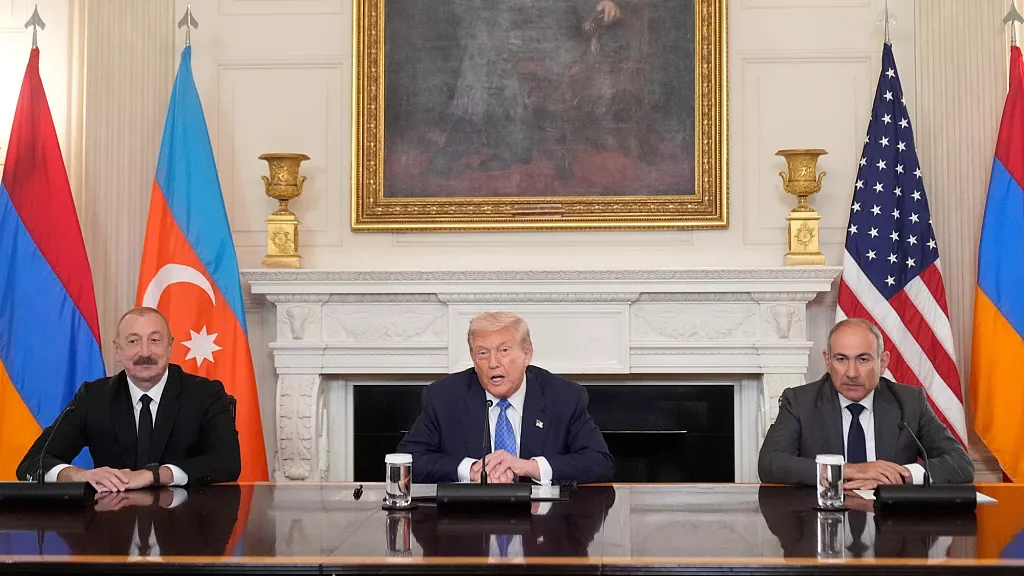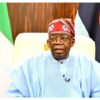After almost forty years of a bitter and bloody conflict over Nagorno-Karabakh, Armenia and Azerbaijan have signed a landmark peace agreement in Washington, D.C., with U.S. President Donald Trump presiding over the ceremony.
The signing marks the official end of hostilities and a dramatic geopolitical shift in the South Caucasus—one in which Russia, long a dominant power broker in the region, is conspicuously absent.
Azerbaijani President Ilham Aliyev and Armenian Prime Minister Nikol Pashinyan inked the accord on Friday, August 8, 2025, declaring the formal cessation of all fighting between their nations.
“We are today establishing peace in the South Caucasus,” Aliyev said. “Today we are writing a great new history.”
Pashinyan described the deal as “opening a chapter of peace,” adding, “We are laying the foundations for a better story than the one we had in the past.”
Trump, who called the agreement a “historic success,” emphasized that previous mediators—including the EU and Russia—had failed to resolve the decades-long dispute. “They suffered greatly for so many years… but with this accord, we finally succeeded in making peace,” he said.
The breakthrough follows Azerbaijan’s lightning military campaign in September 2023, which reestablished Baku’s control over Karabakh. Over the past year, the two countries engaged in direct talks—without third-party mediation—that steadily paved the way to Friday’s signing.
A key element of the accord is the creation of the Trump Route for International Peace and Prosperity, a major transit corridor linking mainland Azerbaijan to its Nakhchivan exclave through Armenian territory. The route, operating under Armenian law, is expected to boost trade, attract investment, and strengthen regional connectivity while respecting Armenia’s sovereignty.
The agreement effectively sidelines Moscow from the South Caucasus peace process. Both nations also agreed to dissolve the OSCE Minsk Group, a body established in 1992 to mediate the Karabakh conflict. By signing in Washington alongside the U.S. president, Armenia and Azerbaijan are signaling a pivot toward the West and a reduced reliance on Russian mediation.
Russia has reacted with hostility, launching disinformation campaigns targeting Pashinyan, accusing him of “selling out” Armenian sovereignty, and reviving unfounded allegations of U.S.-run bioweapons labs in the region—similar to narratives Moscow has used against Ukraine and Georgia.
Tensions between Baku and Moscow have also worsened after an investigation revealed that an Azerbaijani passenger jet crash in Kazakhstan last December was caused by Russian air defense fire over Grozny. Aliyev has vowed to take the case to international courts, even if it takes “10 years” to achieve justice.
The European Union welcomed the peace deal, calling it “a path to lasting, sustainable peace” and urging both nations to implement the agreed steps to ensure smooth normalization of relations.
The signing marks not only the end of a decades-long war but also a recalibration of power in the South Caucasus—one where the U.S., not Russia, now plays the central role in securing peace.
![]()





























































